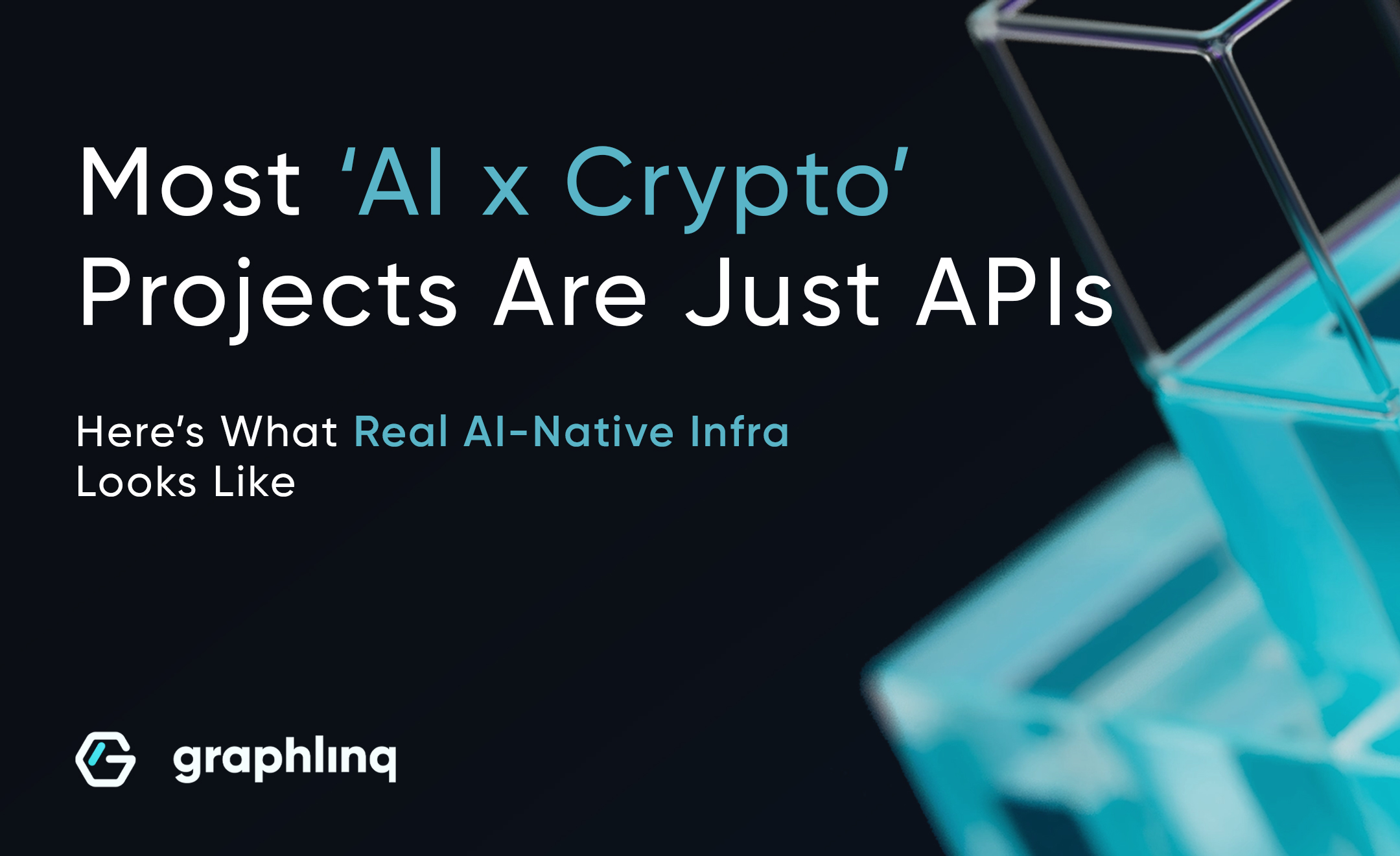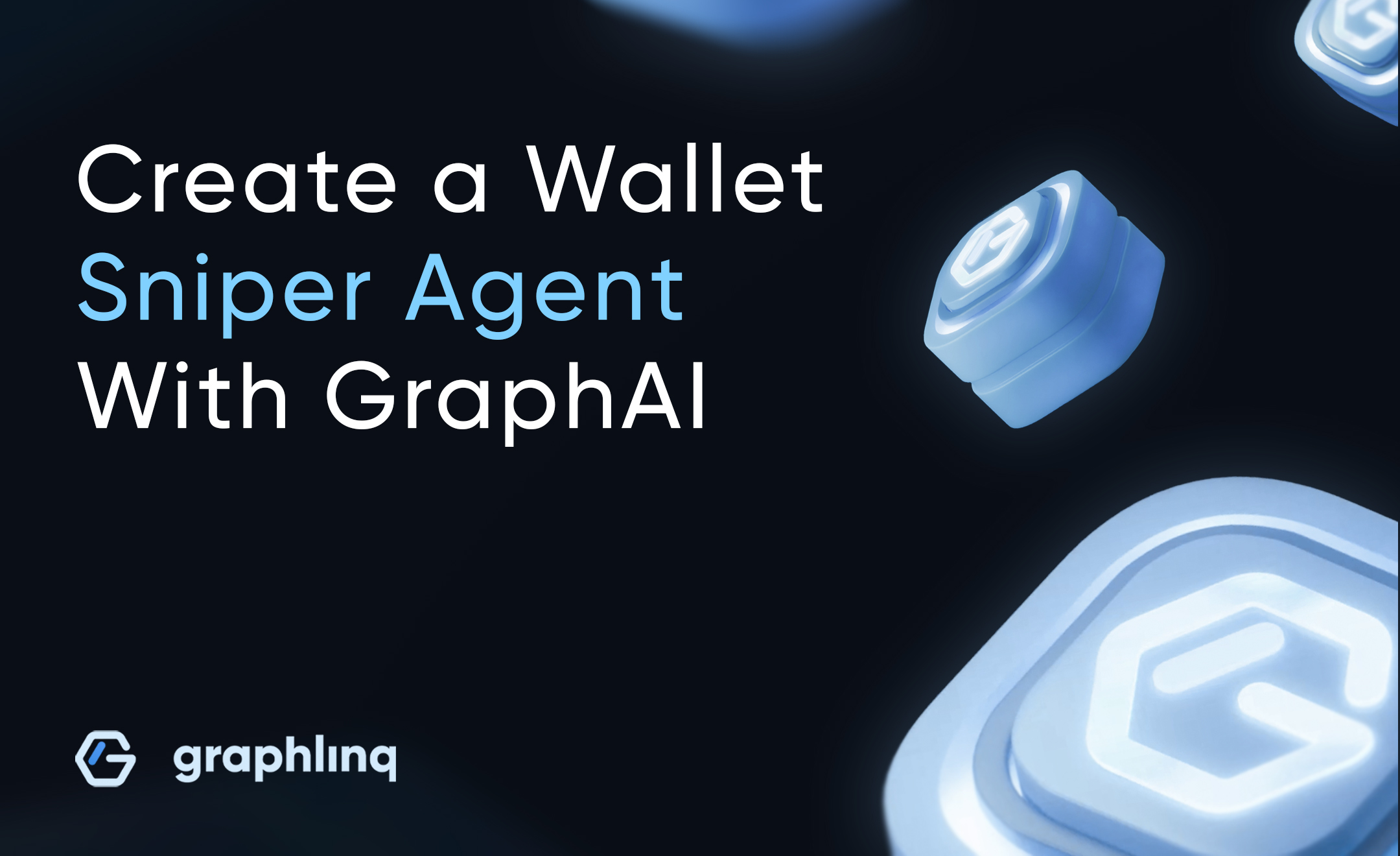Understanding Cryptocurrency
Cryptocurrency is a digital or virtual currency that uses cryptographic principles to secure transactions and control the creation of new units. Operating on decentralized networks, cryptocurrencies are typically underpinned by blockchain technology, a distributed ledger maintained by a network of computers (nodes). Unlike traditional currencies issued by central banks, cryptocurrencies are decentralized, meaning they are not controlled by any single entity or government. This decentralization offers the potential for greater financial autonomy and privacy.
Core Concepts and Technology
The foundation of most cryptocurrencies is blockchain technology. A blockchain is essentially a chain of blocks, each containing a list of transactions. These blocks are linked and secured using cryptographic hashes. The decentralized nature of blockchain means it is stored across multiple nodes, making it resistant to censorship or fraud. Cryptography plays a vital role in securing transactions and controlling the creation of new coins. For example, Bitcoin, the first and most well-known cryptocurrency, uses a consensus algorithm known as Proof of Work (PoW) to validate transactions and add them to the blockchain. This process requires significant computational power, which helps secure the network from attacks.
Types of Cryptocurrencies and Their Uses
There are thousands of cryptocurrencies, each serving different purposes:
- Bitcoin (BTC): Launched in 2009 by an anonymous person or group known as Satoshi Nakamoto, Bitcoin is often referred to as "digital gold." It was the first cryptocurrency and remains the most valuable and widely used. Its primary use case is as a store of value and a medium of exchange.
- Ethereum (ETH): Ethereum goes beyond being just a cryptocurrency; it is a decentralized platform that enables developers to build and deploy smart contracts and decentralized applications (dApps). Ethereum’s blockchain can be used for various purposes, from finance to supply chain management.
- Stablecoins: These cryptocurrencies are designed to minimize price volatility by being pegged to a stable asset like the US dollar. Examples include Tether (USDT) and USD Coin (USDC). Stablecoins are often used in trading and financial transactions where stability is crucial.
- Privacy Coins: Cryptocurrencies like Monero (XMR) and Zcash (ZEC) are designed to provide enhanced privacy by obscuring transaction details. They are favored by users who prioritize anonymity.
- Altcoins: This term encompasses all cryptocurrencies other than Bitcoin. Altcoins can vary widely in purpose and function, from being improvements on Bitcoin’s technology to serving entirely different use cases.
Acquiring and Storing Cryptocurrencies
To acquire cryptocurrency, one typically uses a cryptocurrency exchange, which functions much like a traditional stock exchange but for digital assets. Popular exchanges include Coinbase, Binance, and Kraken. These platforms allow users to trade cryptocurrencies for fiat currencies or other digital assets. After purchasing, cryptocurrencies are stored in digital wallets:
- Hot Wallets: These are online wallets connected to the internet. They are convenient for frequent transactions but are more vulnerable to hacking.
- Cold Wallets: These are offline wallets, often hardware devices, that provide enhanced security by keeping your private keys offline and away from potential hackers.
Legal and Regulatory Landscape
The legal status of cryptocurrencies varies greatly across the world:
- United States: The regulatory approach in the US is somewhat fragmented, with different agencies viewing cryptocurrencies as either securities, commodities, or property. The SEC, CFTC, and IRS all have different roles in regulating various aspects of cryptocurrency use and trading.
- European Union: The EU has been proactive in creating a regulatory framework for cryptocurrencies. The Markets in Crypto-Assets (MiCA) regulation, expected to come into full effect by 2024, aims to provide a comprehensive regulatory approach across member states.
- Asia: Japan is one of the few countries with a clear regulatory framework, recognizing Bitcoin and other cryptocurrencies as legal property under the Payment Services Act. In contrast, China has taken a more stringent approach, banning cryptocurrency transactions and mining within its borders.
The Pros and Cons of Investing in Cryptocurrencies
Advantages
- Decentralization: By removing the need for a central authority, cryptocurrencies aim to give power back to the users, allowing for greater financial autonomy.
- Security and Transparency: Blockchain technology ensures that all transactions are transparent and traceable, while cryptographic methods provide robust security against fraud and tampering.
- Potential for High Returns: Cryptocurrencies, especially in their early stages, have shown the potential for substantial price appreciation, leading to significant returns for early investors.
Disadvantages
- Price Volatility: The value of cryptocurrencies can fluctuate wildly in short periods, making them risky investments.
- Regulatory Risks: The uncertain and evolving regulatory landscape poses risks, as new regulations could impact the value or legality of certain cryptocurrencies.
- Security Risks: While blockchain technology is secure, the platforms and exchanges where cryptocurrencies are traded and stored can be vulnerable to hacking and fraud.
- Scalability Issues: Some cryptocurrencies face challenges in scaling to handle a large number of transactions, which can lead to delays and higher fees during peak times.
Is Cryptocurrency a Viable Investment?
Investing in cryptocurrency can be both rewarding and risky. It is an emerging asset class that has generated substantial interest from retail and institutional investors alike. However, the high volatility, regulatory uncertainty, and security risks mean that it may not be suitable for everyone. Potential investors should thoroughly research and consider their risk tolerance before investing in cryptocurrencies.
Conclusion
Cryptocurrencies represent a new frontier in the financial world. Their potential to disrupt traditional financial systems is immense, offering both exciting opportunities and significant risks. As the technology matures and regulatory frameworks develop, cryptocurrencies may play an increasingly prominent role in the global economy.
Learn more about the evolving world of cryptocurrencies and how to get started with your investment today!




.jpg)

























%20Do%20Bitcoin%20Cycles%20Still%20Work_.jpg)
%20What%E2%80%99s%20Next%20for%20Bitcoin%20in%202025_.jpg)



%20What%20Is%20a%20Crypto%20Swap.jpg)






























.jpg)
%20How%20to%20Find%20New%20Cryptocurrencies%20%20Worth%20Investing%20In.jpg)

.jpg)

A%20Comprehensive%20Guide%20to%20Altcoin%20Season.jpg)
%20cases%20and%20Future%20of%20Ai%20in%20Crypto.jpg)
%20How%20to%20Create%20Your%20Own%20MetaMask%20Wallet.jpg)
%20How%20to%20use%20your%20Crypto%20wallet%20safely.jpg)
What%20is%20a%20smart%20contract.jpg)
%20How%20to%20Protect%20Against%20Crypto%20Scams%20and%20Ponzi%20Schemes.jpg)









